Featured
The country deserves a better class of role models
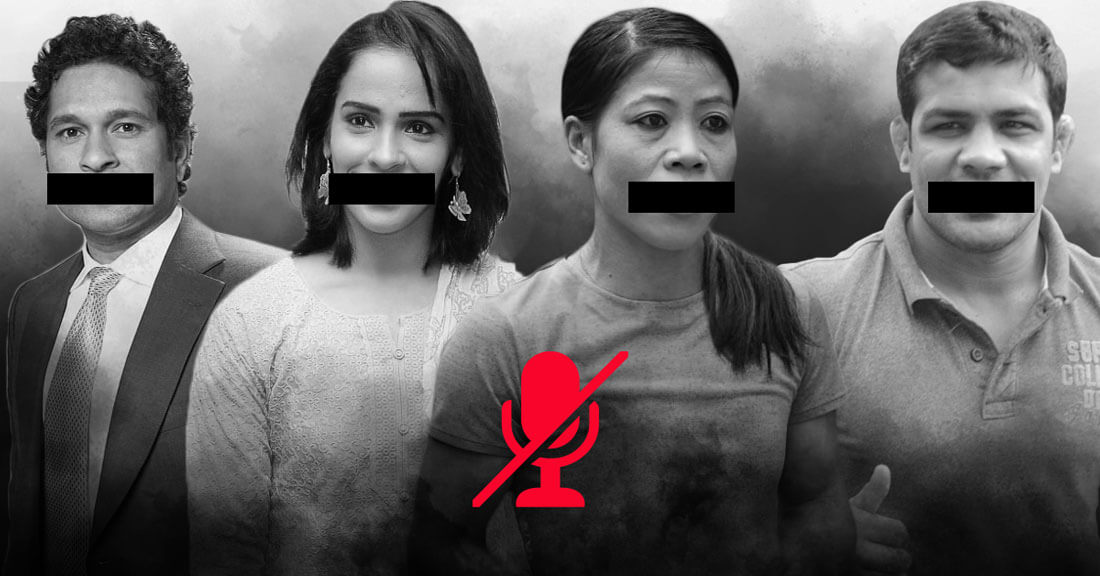
For long, the term "stick to sports" has been doing the rounds, with the traditionalists viewing the field as a place where the Church and the State should have no presence.
Ever since boxer Mary Kom, a member of the Rajya Sabha, went on record to say that she gave her vote to the Citizenship Amendment Bill (CAB) despite having reservations as her views in the Upper House could not change the government's decision, apologies for the strong term - spinelessness of India's sports stars when it came to standing up for anyone against authority came to the fore. As students - innocent students fought and bled to protect India from losing its core values, athletes are keeping mostly mum about the incidents that are on the verge of dividing the country.
The mum members of Rajya Sabha
By adopting the principle of nomination in Rajya Sabha, the Constitution has ensured that the nation must also receive services of the most distinguished persons of the country who have earned distinction in their field of activity, many of whom may not like to face the rough and tumble of the election. By nominating them to Rajya Sabha, the State not only recognizes their merit but also confers honour on them. The nominated members in the past have raised the standard of debates in the House by participating in the discussions on subjects of their interest and taking part in the debates on matters of national importance. But Mary Kom, with her statement that her voice will not be heard at the Rajya Sabha, undermines the true spirit of having a nominated member.
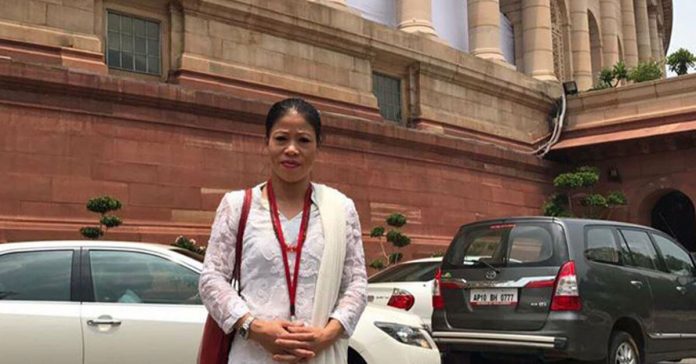
Not to forget, our very own legend Sachin Tendulkar, who has also been a Rajya Sabha member in the past has kept himself away from voicing thoughts when issues of national importance like these are creating an uproar across the country.
Shouldn't the privileged be speaking up?
One can argue, athletes are not privileged with social awareness and education. They went into sports from an early age and that's what they have dedicated themselves to. Expecting awareness of such sensitivity that is given precedence only recently even in first world countries from them is too much of an expectation. Well, those athletes who are privileged with such power and position in the country, decorated by a massive fan following, can at least voice their opinions in times of crises.
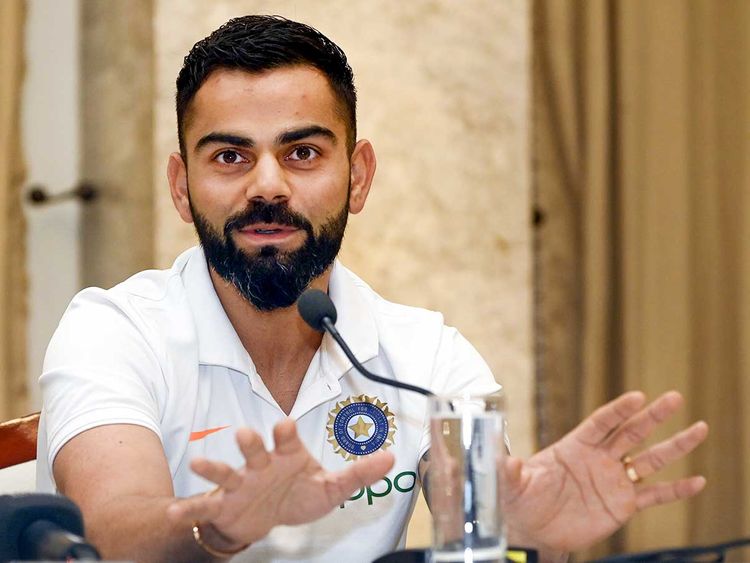
For instance, when all hell broke loose in Delhi on the evening of December 15, the men's cricket team - the most powerful face in the nation stayed quiet; they knew that if they utter a word, people WILL listen -and they were playing a game in Chennai. The post-match presser could have been the ideal place for a unified statement from the team against the lathi charge of the Delhi Police, but Virat Kohli, whose own city was up in arms, rather remained confined to the unfair run-out of Ravindra Jadeja, harping on how it was an incident that went against what the rule-books.
Only supporting populist sentiments
There was also a collective outrage a couple of weeks ago on social media to punish the four people who were accused of brutally raping Hyderabadi girl and killing her by setting her body on fire. While India had wanted justice for her taking severe measures against the four accused, the event took a different turn when the police killed the four of them in an encounter, without any interference of judiciary and trial. Though the law didn't take its course, athletes like Bajrang Punia, Saina Nehwal, P V Sindhu congratulated the police for taking the drastic step, which echoed the populist sentiment. When their voices are revered during the times of women's safety concerns, why can't we expect their deafening silence to break when a massive chunk of India is undergoing unrest?
Can't we learn from others?
The trend started with the NFL in America, as they did their best to stay away from the political angles, instead of resorting to more peaceful methods of protests like getting fighter jets to fly over stadiums or holding a moment of silence to honour the victims of an unfortunate tragedy. However, even as players won and lost and won again, and reports spoke and questioned and asked about the game, the off-field injustices were what needed attention.
Muhammad Ali did fight for his beliefs even at the cost of his trophies and Jackie Robinson made news for breaking the racial segregation in baseball by becoming the first African-American to play in the Major League Baseball in 1919 but the incidents were all too sporadic. However, this soon gained momentum until it became almost impossible to turn a blind eye.
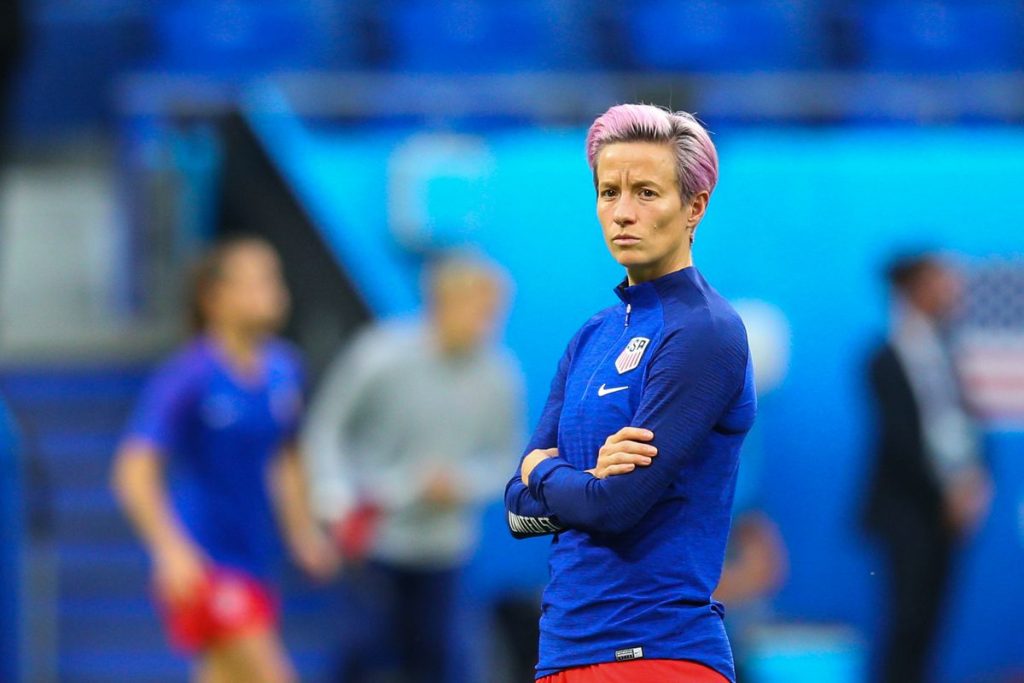
Like the pull out of Sean Dolittle from attending a ceremony in the White House after Washington Nationals won the World Series, or the outburst of Megan Rapinoe this year when she termed Trump's office as corrupted and refused to take her World Cup-winning USA women's football team to meet the President or Colin Kaepernick's infamous kneel during an NFL game to protest against racism or police brutalities, all of it created a major stir. All these stars broke away from protocol and used their position to influence lives and stand up for what they truly believed in. Even at the cost of fines, jeers or, in Kaepernick's case, being called unpatriotic.
The fear of speaking up at play?
The reasons these incidents deserve a mention today more than ever is because, and unless you are living under a boulder, you will know, India is burning. Today, more than ever the country needs its role models to take a hard stand, and today more than ever, the land needs like-minded beings to quell fear, communal disbalance and stand up to maintain and protect the very essence of India.
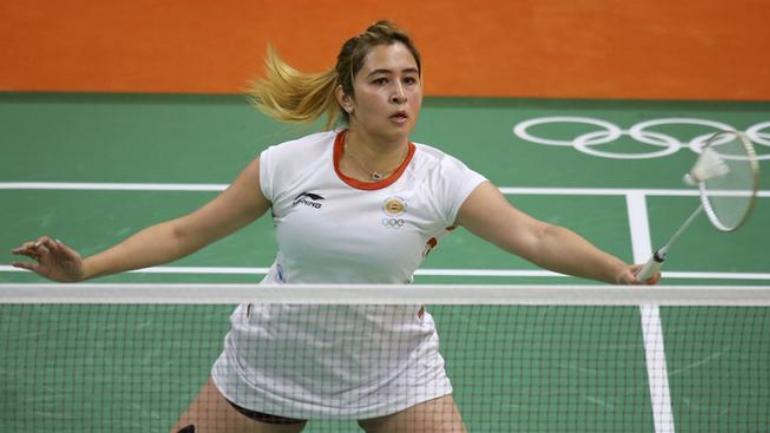
Maybe, you fear how the political stand will tarnish your excellent record as a sportsman, and we know how Jwala Gutta has been termed as a "rebel" for calling out the corrupt officials during her playing career, but by choosing to remain silent, you are only being relegated to nothing more than a mindless entertainer.
Also read: Should Indian athletes raise their voice on matters of social justice?
In a conversation with The Bridge, an international athlete (name withheld), who is an alumnus of the Jawaharlal Nehru University in Delhi said:
"It hurts the most when you see none of the sporting legends is speaking up for the students. The leaders who are attacking these university students, who are then pillars of the future, it should be condemned. They call them anti-nationals, but they never think of coming in peaceful terms with them. Without even communicating, they unleash their brutality. Mary Kom had the power but yet felt incapable, we see others lauding extra-judicious killings. But no one comes forward when students are attacked."
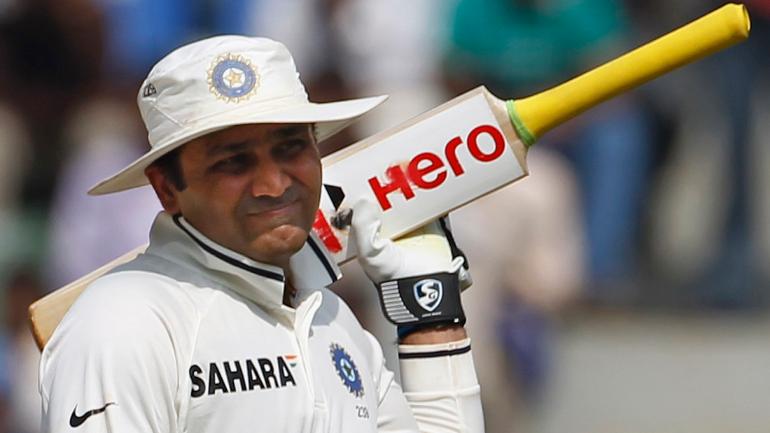
Alas, we barely see sportspersons who come out to support their alma mater. For instance, the police brutality in Jamia Milia Islamia University on Thursday did not elicit a single tweet from cricketer Virender Sehwag, who is an alumnus of the college, and otherwise a seasoned Twitterati. Hockey players like Gagan Ajit Singh, Prabhjot Singh, Bharat Chikara are also the former students of the prestigious university. If athletes can voice their thoughts for the Indian army, is it too much to ask from them when students are made the scapegoats?
And here is a loud call to the entire sporting realm in India. You are in a position of power, one that many of us crave to be in. We resort to voicing and sharing angered posts on social media hoping to bring a change, when ONE message from you WILL definitely bring a change. Sports is just a microcosm of the greater society, of which politics is very much a part of, and so, staying immune and silent in flared issues only devastates the ones who are raising their voice.
The views expressed are of the authors and not of the organisation.
